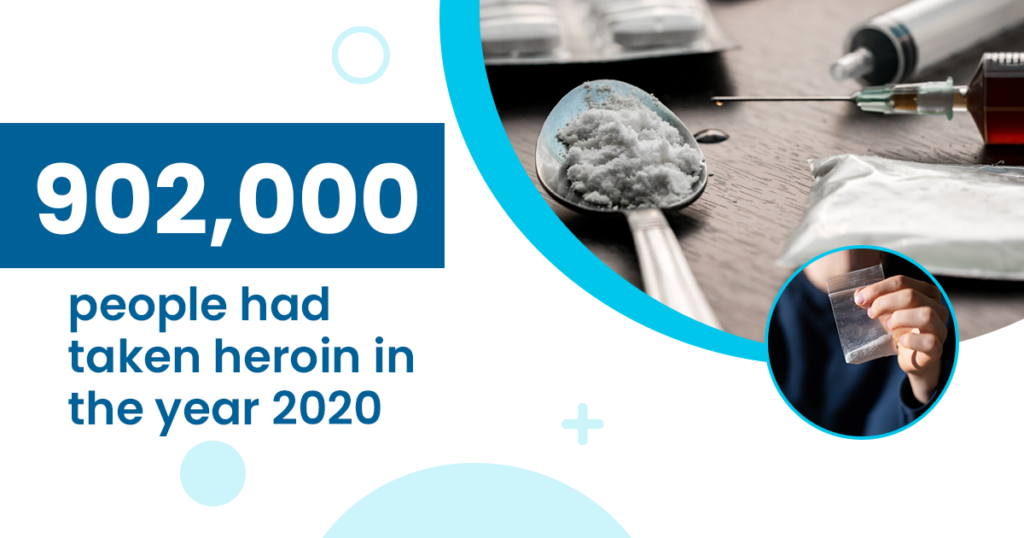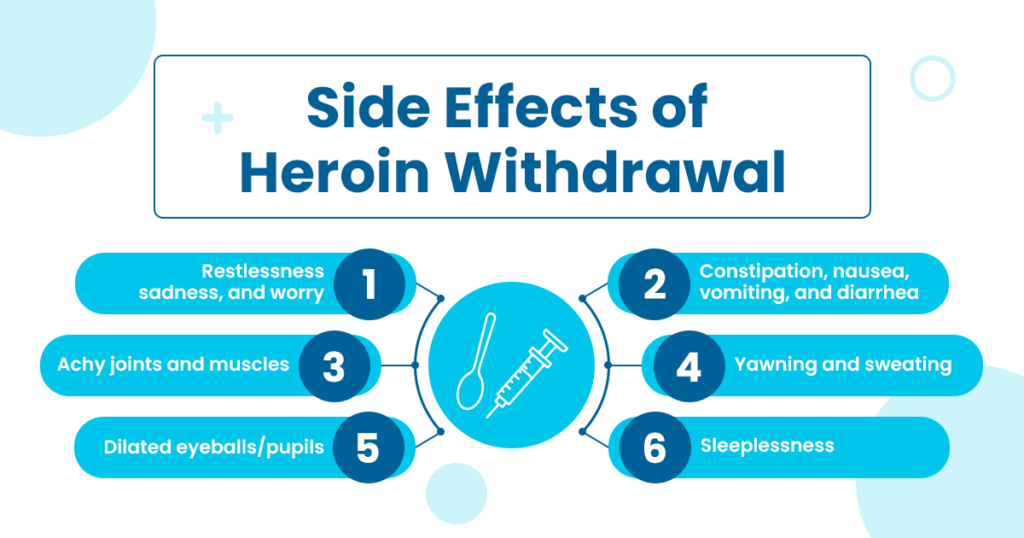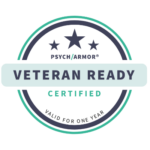
Heroin is one of the many harmful drugs that affect brain receptors. When you start taking heroin even just once, it becomes challenging to quit. After developing a dependence on heroin, suddenly stopping the substance can cause severe withdrawal symptoms and can also be lethal.
Substance abuse problems are treated on an “individual treatment” holistic approach through the use of FDA-approved medications in conjunction with counseling and behavioral therapy. Behavioral Health and Addiction Services Administration Opioid addiction, such as that heroin and prescription medicines laced with opiates, is the primary focus of MAT programs.
At the same time, specific programs also handle alcohol and mental health problems. It is not recommended to try heroin detox on your own as it is a highly addictive opioid drug that can have severe consequences and even can lead to death.
The presence of severe withdrawal symptoms during an attempt at abstinence from heroin is evidence that one is addicted to the drug. Because your body has become accustomed to having heroin in it, you feel as if you can’t function properly without it.
However, some people put off quitting hoping that some unforeseeable external consequence will be severe enough to make them change their ways. Nobody wants to live with the debilitating embarrassment that comes with it. Dosage, potency, frequency of use, and style of use all affect how bad the withdrawal symptoms would be, and to address them adequately, a medically administered detox is a must.
Effects of Abusing Heroin
Because they don’t want to experience these unpleasant withdrawal symptoms, people attempting to quit using the substance often give up, resulting in a relapse.
A few side effects of abusing heroin withdrawal include:
- Psychological and emotional reactions including restlessness, sadness, and worry
- Constipation, nausea, vomiting, and diarrhea
- Achy joints and muscles
- Sleeplessness
- Yawning and sweating to the point of exhaustion
- Dilated eyeballs/pupils
What happens in Detoxification from Heroin?
When it comes to treating heroin addiction, it needs to be done under medical supervision. Because the medication can block the brain’s receptors from reacting to opioids and opiates, Vivitrol/naltrexone is most beneficial to persons who have successfully completed a heroin detox.
Medications Used To Detox from Heroin
You will be given a light dose of opiates to help you get through the effects of heroin withdrawal symptoms. Medical professionals can help you with other drug addictions as well when you are under detoxification from heroin.
Buprenorphine and naloxone are the active ingredients in Suboxone, an opioid and opiate receptor antagonist that reduces withdrawal symptoms and can reduce cravings.
Certain drugs are specifically developed to lessen the symptoms of a heroin detox by treating the psychological and physical repercussions of withdrawal and cravings. Methadone, a mild opiate, is used to help heroin addicts wean themselves off of the drug. Opioids like Subutex/Buprenorphine reduce physical withdrawal symptoms such as nausea and muscle aches.
Timeline of Heroin Withdrawal
Withdrawal symptoms vary depending on how long a person has been taking heroin. Detoxing from heroin to some extent can help you control mental and physical withdrawal symptoms. To give you an idea of what to expect, the following is a rough timeline that a person addicted to heroin gets through.
Around six hours after heroin is expelled from the body, the first signs of withdrawal appear. Anxiety, restlessness, and disturbed sleep are all common side effects.
- These symptoms may appear as soon as you stop taking heroin for a brief time. Some people may not experience these physical side effects for a lengthy period.
- Nosebleeds and stomach cramps begin between days 3 and 5 of the illness.
- Symptoms of exhaustion and lethargy will continue to be evident on days 6-7.
According to a 2020 survey on drug use, 902,000 people had taken heroin in the preceding year. As a dangerous narcotic, heroin has been responsible for many addictions and overdoses, with many thousands dying from its use.

Frequently Asked Questions
What does heroin withdrawal feel?
During withdrawal from heroin, you may experience uncomfortable symptoms like seizures, anxiety, and depression as it is a highly addictive drug.
How do I go through extreme heroin withdrawal?
7 to 14 days are the extreme days when your detox takes place. It depends on your addiction length; the timeline follows the harsh conditions as they ease down over time.
Is there any way to get off heroin without suffering withdrawal?
Withdrawal from heroin is always possible during recovery, especially if you are using the drug heavily. While medical staff at a rehab center cannot prevent withdrawal, they can ease the process by putting the patient through a medical detox and providing medication that can reduce painful symptoms.
How do I get through heroin withdrawal alone, or should I get help at a rehab center?
Attempting to detox from heroin on your own can be incredibly dangerous and even lethal. This is because of the severe withdrawal symptoms that result from quitting a substance. It is ideal to seek a credited detox center such as The Haven for safe and successful detox. You will be put into a safe environment free of triggers and urges and receive medication that helps ease the withdrawal.
Help is Available at The Haven
When quitting heroin, your body may feel overwhelmed and stressed out. Continuing to use heroin, on the other hand, is much more harmful to your health. If you or a loved one exhibits signs or symptoms of heroin withdrawal, you must seek professional help as soon as possible.
The Haven treatment facility is the perfect place to successfully overcome addiction in the most comfortable and safest way possible. Our proven detox methods, therapies, facility amenities, and aftercare programs have helped hundreds of patients reach recovery. We are dedicated to meeting the needs of all our patients through our residential and outpatient treatment programs.
When you are ready to take the first step towards recovery, treatment is readily available through The Haven in South Florida. Feel free to call us anytime at (561)-3288-627 to learn more about our services.






